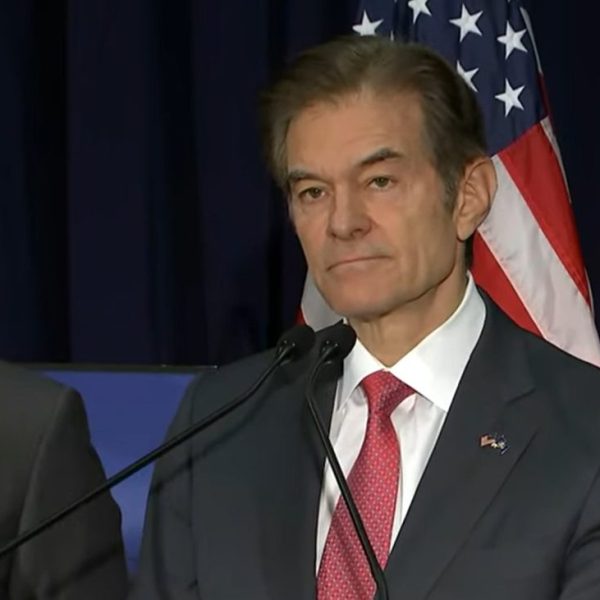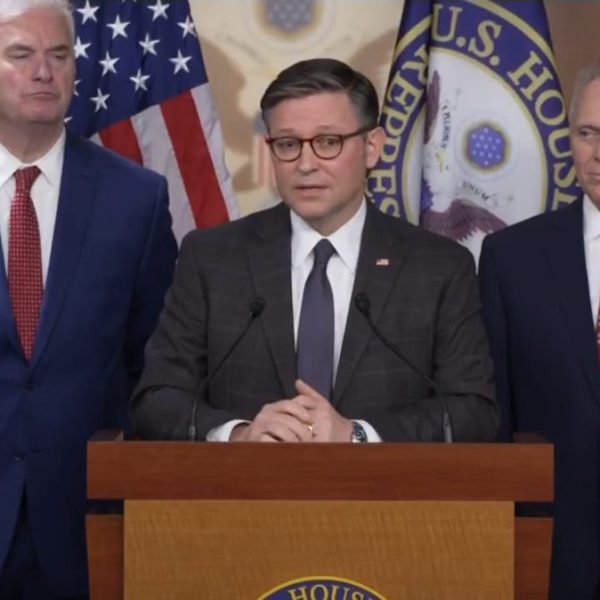In a world where values often clash, the story of David Spring, a 61-year-old retired train driver from Sutton, serves as a poignant reflection of the challenges faced by individuals standing at the crossroads of free speech and public order. On a fateful day in England, Spring found himself swept into a whirlwind of chaos that culminated in an 18-month prison sentence—an outcome that has ignited fervent discussions about the delicate balance between personal expression and societal responsibility.
Spring was among approximately 700 individuals who gathered for a protest orchestrated by Daniel Thomas, also known as Danny Tommo. As misinformation linked the tragic Southall murders to religion and immigration, tensions escalated, transforming the protest into an explosive confrontation with law enforcement. Spring’s actions were caught on police body cameras, capturing him making aggressive gestures and chanting incendiary phrases like “who the f*** is Allah” and “you’re not English anymore.” Prosecutor Alexander Agbamu highlighted Spring’s significant role in inciting the crowd, painting him as a catalyst for disorder.
When arrested on August 8, Spring maintained that his intent was not to riot but to protest against perceived injustices in hotel accommodation policies. Despite his apologies and defense attorney Piers Kiss-Wilson’s portrayal of him as a dedicated worker caring for his ill wife, the court remained unswayed. Judge Benedict Kelleher emphasized the need for a custodial sentence to deter similar acts of public disorder, noting that Spring’s behavior had emboldened others.
This incident underscores the complex interplay between misinformation and community relations. The rapid dissemination of false narratives can ignite conflicts, as seen in this case. Addressing these issues demands improved public communication, stronger community engagement, and legal accountability for those who incite violence.
David Spring’s story is a stark reminder of the precarious line between expressing dissent and inciting chaos. While his intentions may have been rooted in advocacy, his methods veered dangerously off course, leading to severe repercussions. As communities navigate these intricate dilemmas, fostering respectful dialogue and addressing grievances through peaceful means remain paramount. How can we ensure that our voices are heard without compromising the harmony of our society?




Leave a Comment